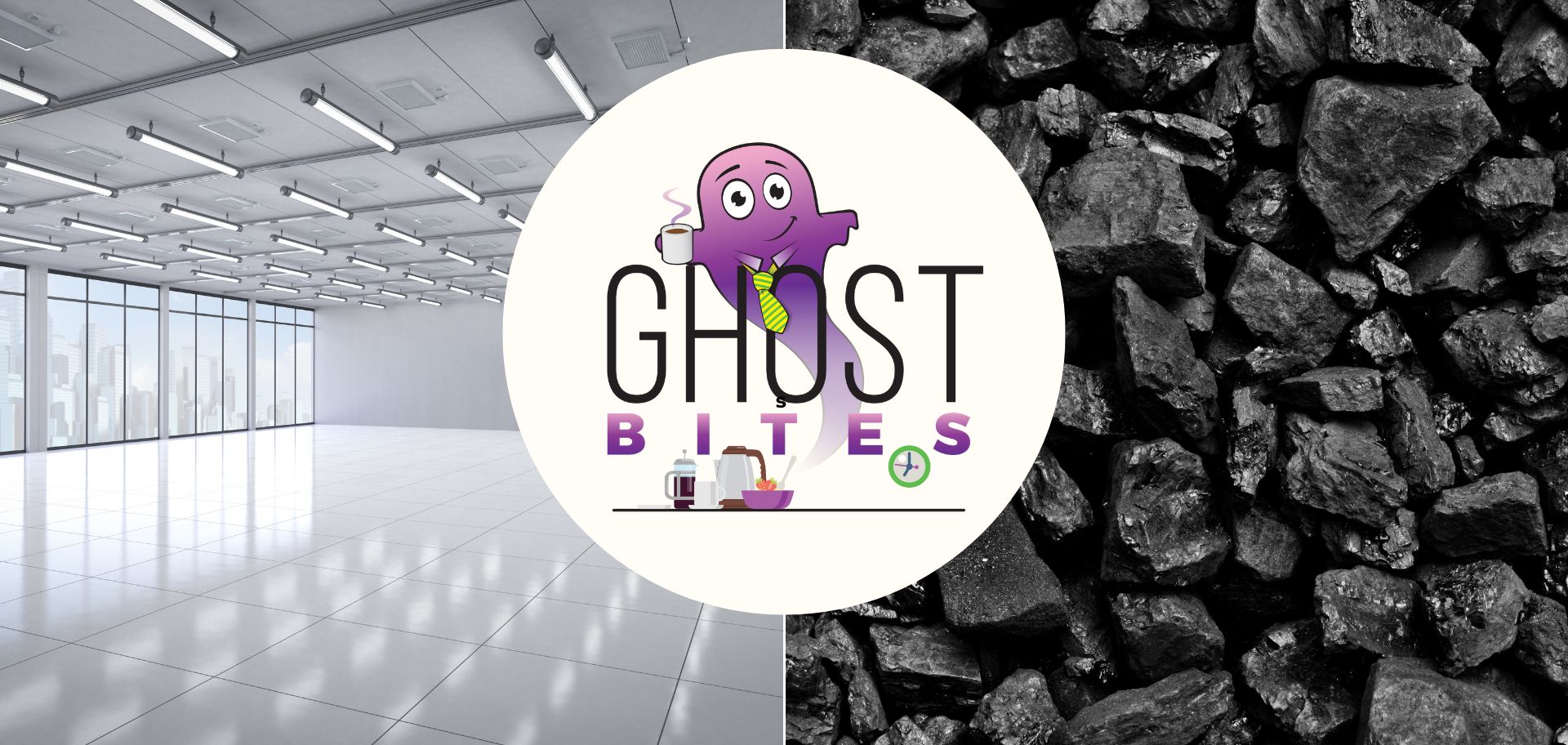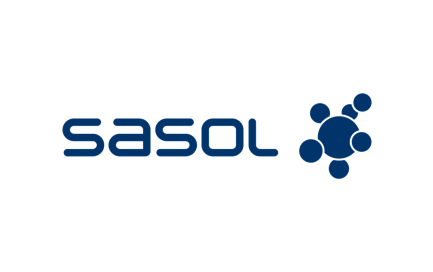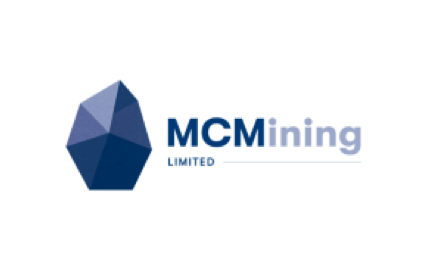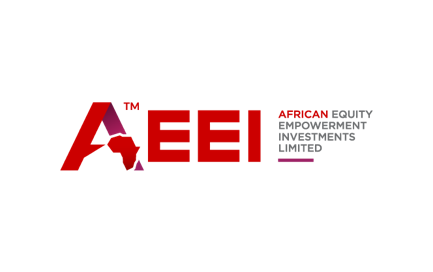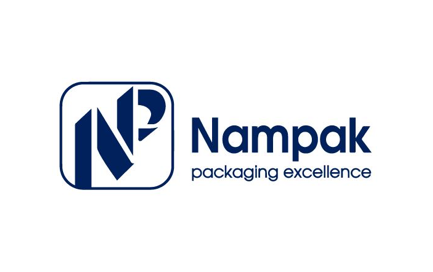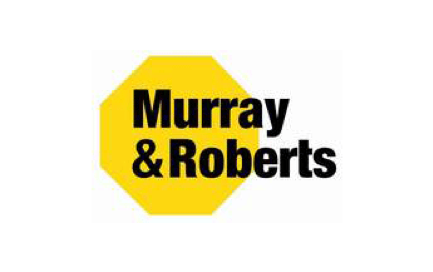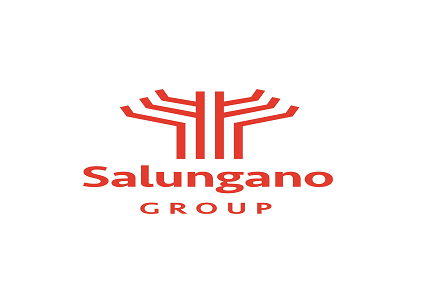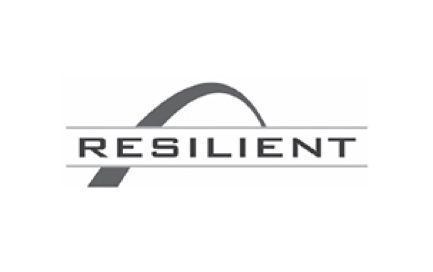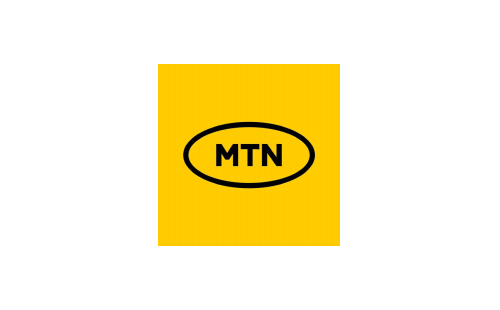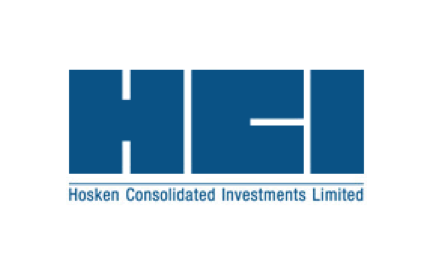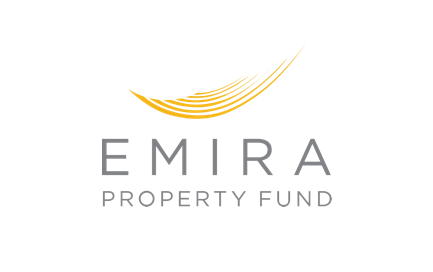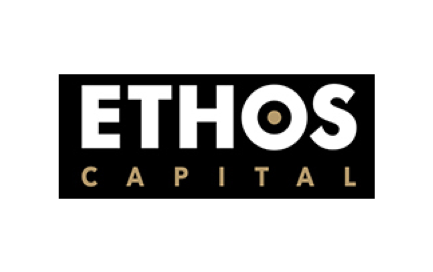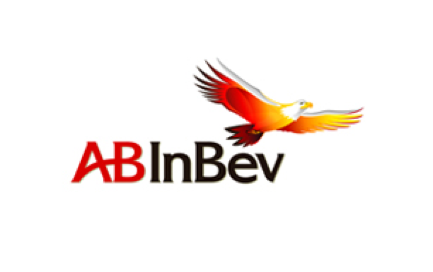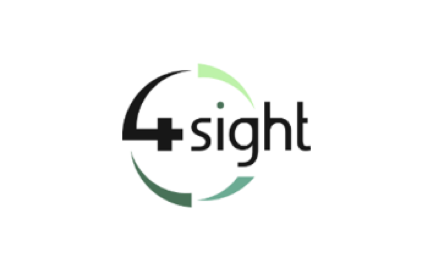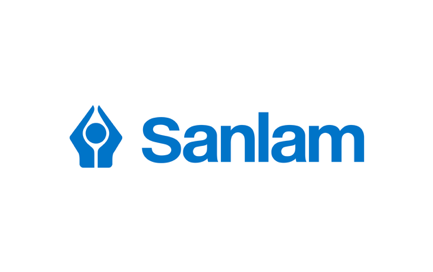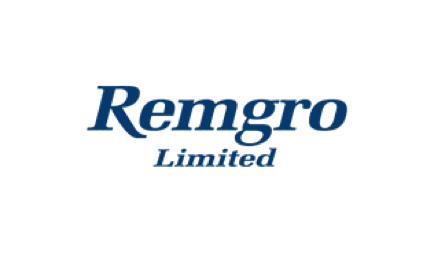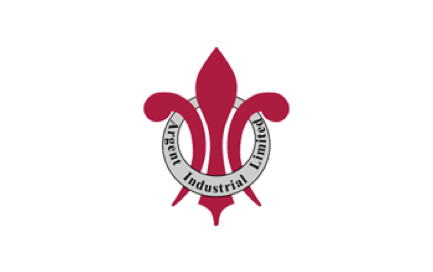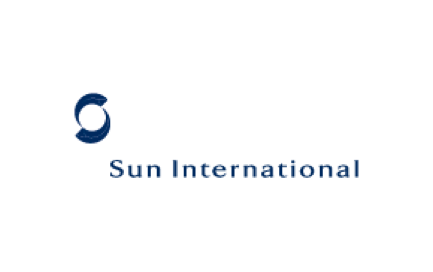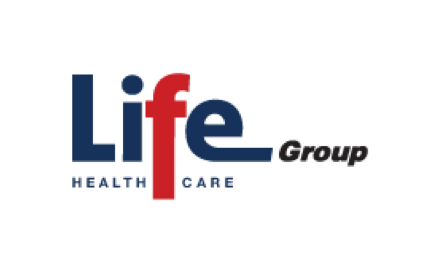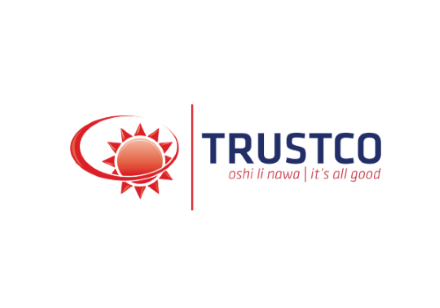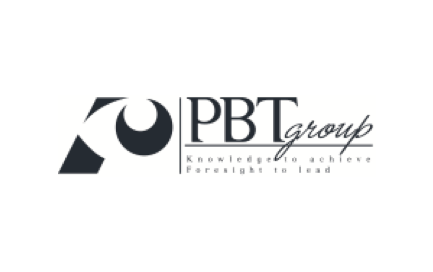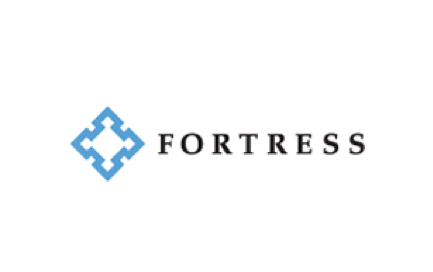Emira pre-close update
The property fund has updated the market on the four months to October
In the local portfolio, Emira’s vacancies improved from 5.3% to 5.0%, with an 81% retention rate on leases. The problem is that tenants still hold the power, with negative reversions of -7.7% (a big improvement from -15.2% in the year ended June). Remember, a negative reversion means a new lease concluded at a lower rate than the old lease.
Retail vacancies were 3.1%, office vacancies improved by 150 basis points to 13.5% and industrial vacancies improved slightly to 2.6%. Negative reversions are being felt across the portfolio, with office being the worst at -12.6% (as one would expect). Emira also holds one residential property (The Bolton) with a vacancy rate of 2.1%.
The fund is in the process of disposing of its investment in Enyuka for R638.6 million, with Competition Commission approval still needed.
In terms of the indirect portfolio, Emira now holds 68.11% of Transcend Residential Property Fund after making a general offer to all shareholders that closed in October.
The portfolio in the US consists of 12 equity investments in open air retail centres. Vacancies improved from 4.5% to 2.6% and 10 of the 12 investments are expected to pay dividends.
At group level, the loan-to-value has increased from 40.5% to 44.5% because of the additional investment into Transcend and the consolidation thereof.
HCI records a huge jump in profits
The interim dividend is back after a strong period of recovery
For the six months to September 2022, Hosken Consolidated Investments (HCI) benefitted from a strong recovery in segments like Hotels and Gaming as the pandemic subsided. As diversified as the group is, there are still individual segments that are major contributors to profits.
In the context of R902 million in group headline earnings for this period, Gaming was the largest contributor at R304 million (vs. R157 million last year) and Coal Mining was next up with R224.5 million, a huge jump from R85 million in the comparable period.
The third largest segment is Hotels, which swung wildly from a loss of R62.8 million to a profit of R123.6 million.
When your biggest investments are in tourism, entertainment and coal mining, it was pretty hard not to have a good time in 2022 vs. 2021.
At group level, headline earnings per share (HEPS) increased by a spectacular 312% to R11.154 and the net asset value per share is up to R198.11. The share price of around R172 is thus a discount to NAV of over 13%.
The interim dividend is back, with a dividend of 50 cents per share for this period.
Murray & Roberts says bye-bye, Bombela
Murray & Roberts disposes of its interest in the Bombela Concession Company
If you’ve been following the Murray & Roberts story, you’ll know that huge changes are underway. The Australian business (Clough) is being sold and now there’s a deal for the company’s stake in the Bombela Concession Company (the holder of the concession agreement with the Gauteng Provincial Government to run the Gautrain).
The buyer is Intertoll International Holdings and there are two different stakes that collectively deliver a shareholding of 50% in Bombela. The price for both stakes is R1.386 billion, which makes this a Category 1 transaction for Murray & Roberts. Whenever you see this, it means that a circular will be sent to shareholders and that they will need to vote on the proposed deal.
With the concession set to terminate in 2026, the buyer is effectively mopping up a few more years of cash flows. This clearly isn’t a strategic stake for Murray & Roberts and the sale helps the company inject some much-needed equity into the balance sheet.
The proceeds from sale (if the deal goes ahead) will be used to settle the recently announced term facility that was part of the group’s debt restructuring.
To give an idea of valuation, Murray & Roberts received R185 million in ordinary dividends in the past year and the fair value of the effective interest was measured as R1.4 billion. Unless I’m misunderstanding, there must be some pretty lofty assumptions about a recovery at the Gautrain in order to justify this fair value on a concession that only has four years left to run.
If shareholders vote in favour of the deal, that risk will belong to Intertoll rather than Murray & Roberts.
Nampak: when bad balance sheets happen to good people
If you know any Nampak shareholders, give them hugs today
Sometimes, a company’s balance sheet is simply too far gone to be saved. Despite the best efforts of the management team and the staff, the interest on the debt just ends up eating the profits and any remaining equity in the structure.
In that situation, the keys to the business slowly start to slip into the hands of the banks. This only ends in one of two ways: business rescue or an equity capital raise. If the capital raise fails (as happened with Tongaat), then business rescue is the outcome anyway.
For poor Nampak, even a really good effort by the team wasn’t enough. Between the pressures of inflation and difficulty in extracting cash from Africa, it was always going to end this way. The market seemed to be caught by surprise though, with the share price losing a third of its value shortly after the announcement!
Notably, the company is still profitable at headline earnings per share (HEPS) level, with expected HEPS for the year ended September of between 33 cents and 37 cents. Although this is a decrease of between 41% and 47%, at least it’s a positive number.
So, where do the problems lie if the company is profitable?
The problem is the timing of repayment of debt, with Nampak needing to refinance R1.35 billion by the end of March. That’s not the kind of amount that you find by accident under your pillow.
The company is going to ask shareholders for permission to proceed with a rights offer of up to R2 billion in the first quarter of 2023. It’s not all bad news, with R1.35 billion to repay lenders, R350 million to upgrade a beverage can line in South Africa, R150 million to provide “operating flexibility” (i.e. working capital) and R150 million for the costs of the refinancing and rights offer.
Ultimately, the expansion into Africa funded by US dollar denominated debt has proven to be Nampak’s downfall. With operations across 10 African countries and a general lack of liquidity doing the rounds, managing the treasury function is a nightmare. When large levels of gearing are added to this, the results are clear to see.
There’s a worrying read-through here for MTN shareholders like me, with shortages of foreign currency in Nigeria continuing to be a major problem. Nampak has suffered substantial net foreign exchange losses. This isn’t great for MTN but in my opinion it’s even worse for MultiChoice, as MTN is at least still a growth company in Nigeria that needs to self-fund an in-country expansion. In other words, I see MultiChoice as being under more pressure to upstream cash than MTN, especially now that MTN’s balance sheet looks better.
Rest assured, the volatility is far from over and that applies to any country with exposure to Nigeria in particular.
Sasol drops 4.5% after releasing a trading statement
The HEPS range has been left wide open
The minimum HEPS growth to trigger a trading statement is 20%, and this is exactly the growth rate that Sasol has given, leaving the trading statement wide open for interpretation. It doesn’t help that the announcement talks about other adjustments and valuations on the balance sheet that will impact HEPS and cannot be reliably estimated.
The concern for investors is the operational update for the Secunda coal value chain, with problems in October and November impacting the outlook for the remainder of the year as well. With load shedding and rainfall causing many difficulties in the coal value chain, there is a downstream impact on the chemicals value chain. To add to the mix, there are also the usual problems at Transnet and the declaration of force majeure on the local supply of ammonia in November.
In the international business, Sasol talks about the delivery of “steady performance” and gives examples of operating challenges that were addressed.
Across all Southern African activities except for gas production, production guidance has been revised lower.
A further update will be provided in January.
Little Bites:
- Director dealings:
- In addition to Des de Beer buying another R659k worth of shares in Lighthouse, another director has bought shares worth R136k
- The CEO of Life Healthcare’s South African business has acquired shares in the company worth R746k
- A director of a major subsidiary of PBT Group sold shares worth nearly R2.4 million. Also in PBT Group, two directors sold a combined R26.1 million worth of shares to Pulsent OH, PBT’s B-BBEE partner. The acquisitions were funded with 60% third-party debt which has been guaranteed by PBT Group
- A director of Argent Industrial has sold shares worth nearly R74k
- Resilient REIT released a pre-close update for the year ending December. In South Africa, reversions for renewed leases were positive 3.4%, which is strong. Leases with new tenants were on average 17.2% higher than the outgoing tenants. To add to the happy news, vacancies fell to 1.7%. After an accelerated solar and battery rollout, Resilient now produces 15% of its own energy requirements. Resilient has also acquired a 3.94% interest in Hammerson.
- Lighthouse Properties released an operational update for the third quarter of 2022. Vacancies are below 4% across the portfolio and footfall is still 6.7% below 2019 levels. Also, after receiving a scrip dividend from the company, Lighthouse has confirmed that it now owns 22.82% of Hammerson.
- In a voluntary performance update, Ethos Capital confirmed that net asset value (NAV) per share has decreased by 0.6% in the quarter ended September, coming in at R10.60. This is if you include Brait at its own NAV per share. If you use the Brait share price instead, the NAV per share has decreased by 1.4% to R8.37. MTN Zakhele Futhi was one of the pressure points in the portfolio. Importantly, Ethos is planning to partially realise the stake in financing solutions business Optasia, which contributes 31% to Ethos’ NAV as the largest investment. A new investor in Optasia is taking a 17.4% stake and Ethos will dilute from 8.7% to 7.4%, banking cash proceeds of R165 million in the process that will be used to reduce debt and possibly fund a share buyback program. This excludes the option structure granted to the purchase. Based on the increased valuation in Optasia, Ethos achieves a times money return of 3x and this uplift isn’t reflected in the NAV per share, which would increase by R0.73.
- In line with the extensively communicated timetable, Fortress has announced that the JSE sent communication to the company noting that Fortress has not submitted a compliant REIT declaration and that the JSE intends to remove REIT status for Fortress. There is an objection process set out in the listings requirements. With the shareholder meeting to potential save the day just around the corner in January, the clock is really ticking now.
- MTN Group announced that the Turkcell litigation has been dismissed with costs. This is important, as Turkcell was seeking substantial damages from MTN based on allegations of impropriety in the award of the first private mobile telecommunications licence in Iran. The High Court of South Africa has dismissed the action by Turkcell’s subsidiary EAC with costs, bringing an end to this overhang for MTN.
- MC Mining announced that the IDC has extended the date for repayment of the R160 million loan and interest, as well as the draw-down date for the R245 million for the Makhado hard coking coal project, to 30 June 2023. The Makhado project facility remains subject to the IDC confirming due diligence and credit approval. The IDC has a 6.7% equity stake in that project.
- Way back in October 2021, Sanlam announced a deal with Absa that would see Absa Financial Services exchange its investment management business for a shareholding in Sanlam Investment Holdings. The deal closed on 1 December 2022 and this takes Sanlam Investment Holdings’ assets under management, administration and advice of over R1 trillion.
- AB InBev is in the process of settling up to $3.5 billion worth of its USD notes. In simple terms, this means that the company is reducing debt. With various tranches of notes existing in the market with different maturities and costs, the company has created a priority list for the repurchases. That list is about to come in handy, because debt holders have tendered far more than the offer cap: $7.24bn worth of USD notes and £852 million worth of GBP notes!
- Delta Property Fund has agreed to sell the Capital Towers property in Pietermaritzburg for R65.55 million. The net proceeds of R57 million will be used to reduce debt, which will improve the loan-to-value ratio by 30 basis points to 57.6% – a level that is still far too high. Vacancy levels will reduce by 80 basis points to 33.1%. The property was recognised at R47.1 million as at the end of August and registered a net operating loss of R0.9 million in the six months ended August. The painful news is that because of JSE aggregation rules and the prior deals done with the buyer, this transaction is a Category 1 deal that requires a circular and shareholder vote. That’s an expensive and time consuming process.
- Salungano released a trading statement for the six months ended September. There’s a huge swing in earnings from HEPS of 20.69 cents to a headline loss of between 18.60 cents and 22.30 cents.
- African Equity Empowerment Investments (AEEI) reported a 0.24% drop in revenue and a 68% deterioration in the headline loss per share. The total headline loss is a whopping R182 million off a revenue base of R2.3 billion. In case you’re prepared to use management’s view of normalised headline loss instead, that’s only R12.5 million.
- Acting as independent expert, BDO Corporate Finance confirmed that Sun International’s acquisition of 7.8% in Grand Parade Investments from Value Capital Partners was fair to shareholders of Sun International. This is a requirement for a small related party transaction (deal value between 0.25% and 5% of market cap) on the JSE.
- After a substantial share repurchase of R16 million, 4Sight Holdings reduced its shares in issue by 19%. The company is also in the process of redomiciling from Mauritius to South Africa.
- There have been five investigations by the FSCA into the trading activities of shareholders of Trustco Group (i.e. not the operations of the company itself). The company announced that the FSCA had notified Trustco that four of the investigations are closed. This means that one is still open.

